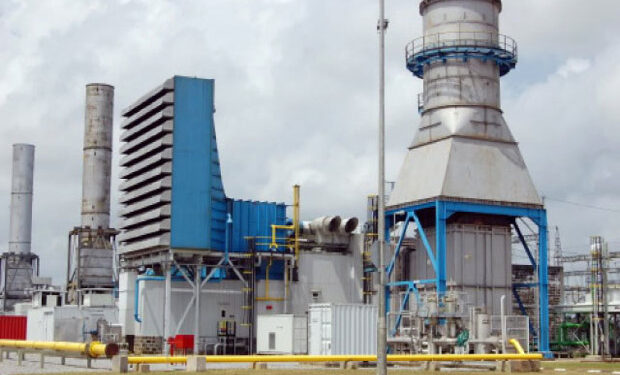According to the latest Gross Domestic Product (GDP) report released by the National Bureau of Statistics on Thursday, Nigeria’s GDP growth for the year 2023 has declined to 2.74%, down from 3.10% in 2022. This marks the slowest growth since 2020 when the economy contracted by -1.92% due to the COVID-19 pandemic.
The report highlighted reductions in the growth of the agriculture and manufacturing sectors in 2023, while the service sectors also witnessed a significant decline. The manufacturing sector’s growth decreased by 1.40% in 2023 compared to 2.45% in 2022, and the agriculture sector grew by 1.13% in 2023, down from 1.88% in the previous year.
On an annual basis, the non-oil sector’s growth in 2023 was 3.04%, relative to 4.84% in 2022, while the oil sector experienced a growth of -2.22% in 2023 compared to -19.22% in 2022. Despite achieving an average daily oil production of 1.55 million barrels per day, the oil sector’s growth remained negative.
The full-year GDP growth falls below global projections by the World Bank, International Monetary Fund, and the African Development Bank. While the World Bank estimated a 2.9% growth for Nigeria in 2023, the IMF retained a growth forecast of 3.2%, and the African Development Bank projected a GDP growth of 3.1%.
In the fourth quarter of 2023, the NBS reported a GDP growth of 3.46% (year-on-year), lower than the 3.52% recorded in the same period in 2022 but higher than the third quarter of 2023 growth of 2.54%. The services sector played a significant role in driving the GDP growth in the fourth quarter.
Commenting on the growth despite economic challenges, Dr. Muda Yusuf, Director of the Centre for Promotion of Private Enterprise, attributed the decline to uncertainties related to the general elections and the campaign period. Professor Perekunah Eregha, a professor of Economics, expressed concern about high production costs and warned of potential dangers if oil production is not boosted.
























